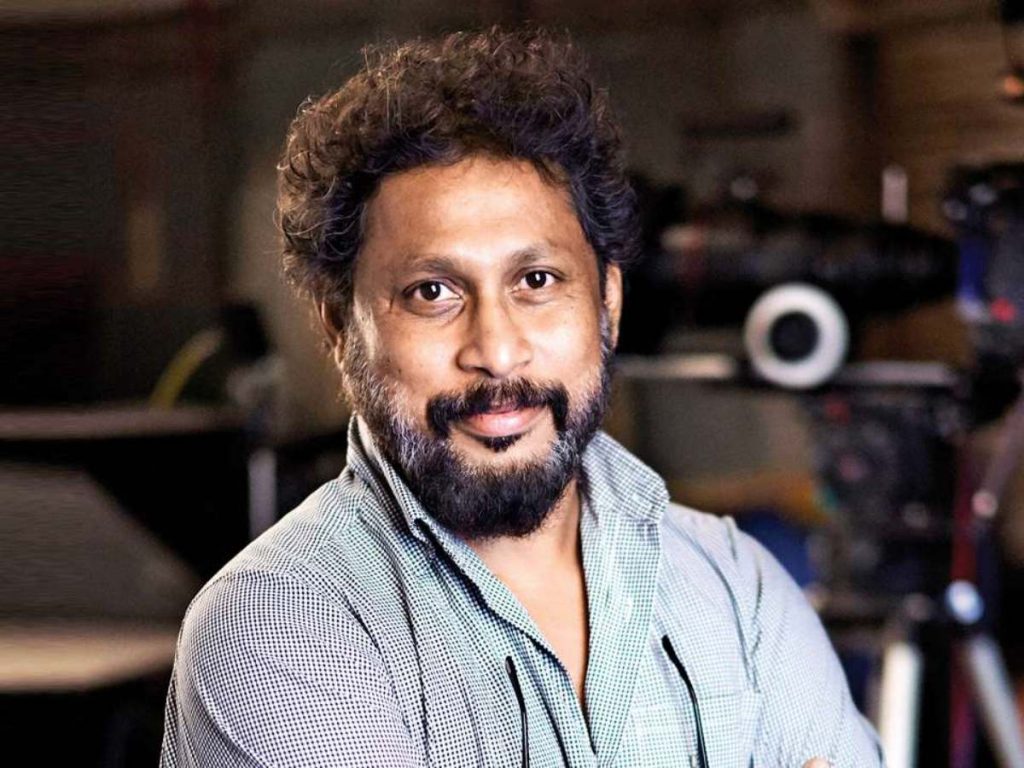New Delhi: Filmmaker Shoojit Sircar says his yet-untitled Abhishek Bachchan-starrer is a story that looks at everyday life with a smile, much like his previous films.
Sircar, who has worked with megastar Amitabh Bachchan on multiple films including “Piku” and “Gulabo Sitabo” and “Pink”, which he produced, has teamed up with his son Abhishek Bachchan for the first time.
Set to release in theatres November 15, the film will once again explore a father-daughter relationship, similar to 2015’s “Piku“.
It was a collaboration long in the making and is one of Abhishek Bachchan’s finest works so far, he said.
“It’s a very simple observation of life with a little smile. When I watch the film, its post-production, it brings a smile (to my face). And, I can guarantee that it is one of the finest of Abhishek Bachchan films. We always wanted to work together but we were not getting the right kind of script,” the filmmaker told PTI in an interview.
Asked about the long gap this time between his stories considering “Gulabo Sitabo” (2020) and “Sardar Udham” (2021) released on streamers during the pandemic, Sircar said he did not have a script.
“When I have a script and when I know that this script is ready to move on to the floor, that’s when I do it. Because of the Covid and ‘Gulabo Sitabo’ and ‘Sardar Udham Singh’ releasing back-to-back, I didn’t have the time to focus on a script,” he said.
The director said he normally takes a year and sometimes more to finalise a story. His last big-screen release was 2018’s “October”, starring Varun Dhawan and Banita Sandhu.
“I make very few films and my subjects are very offbeat but it’s usually stories of everyday life that I see. Some love them and some don’t but I am okay with it. I’m thankful to those who appreciate them,” he said.
Despite the slice-of-life nature of his films, Sircar has managed to strike a balance between commerce and story with his releases, which he believes is important for any director to stay in the business for the long run.
“I try because somewhere these films are expensive and they need recovery. As a director, I have to take that responsibility. That recovery lies on me. I can’t go absolutely offbeat, where I know that this film is not going to recover… I have to be responsible for it.”
Sircar, who studied in Delhi and formed his own theatre group called Act One before shifting to Mumbai to pursue filmmaking, believes his non-film influences may be responsible for the kind of stories he tells that don’t necessarily follow the typical film formula.
“My understanding of cinema, theatre and art was quite fragmented. I didn’t know that I would become a director, or that I’d even reach Mumbai. Sitting in Delhi, I used to think about going to Mumbai – it was a dream. But when I landed in Mumbai, it was, in itself, like an achievement. What I’d do or not was far too much,” he said, recalling his early years.
The filmmaker, who made his debut in 2005 with the romantic war film “Yahaan”, said when he was in Delhi he worked in theatre across departments like music, art and direction.
“I was also into a lot of documentaries in Delhi so that was also my upbringing because there were a lot of documentaries at that time in the ’90s and 2000s. And then, I got inspired by Satyajit Ray and who is the Bible on everything (related to cinema). I think that influence was there. (Then there was) the golden cinema of India… 1950s to 1980s, films by Tapan Sinha, Hrishikesh Mukherjee, Sai Paranjpye,” he said.
PTI
